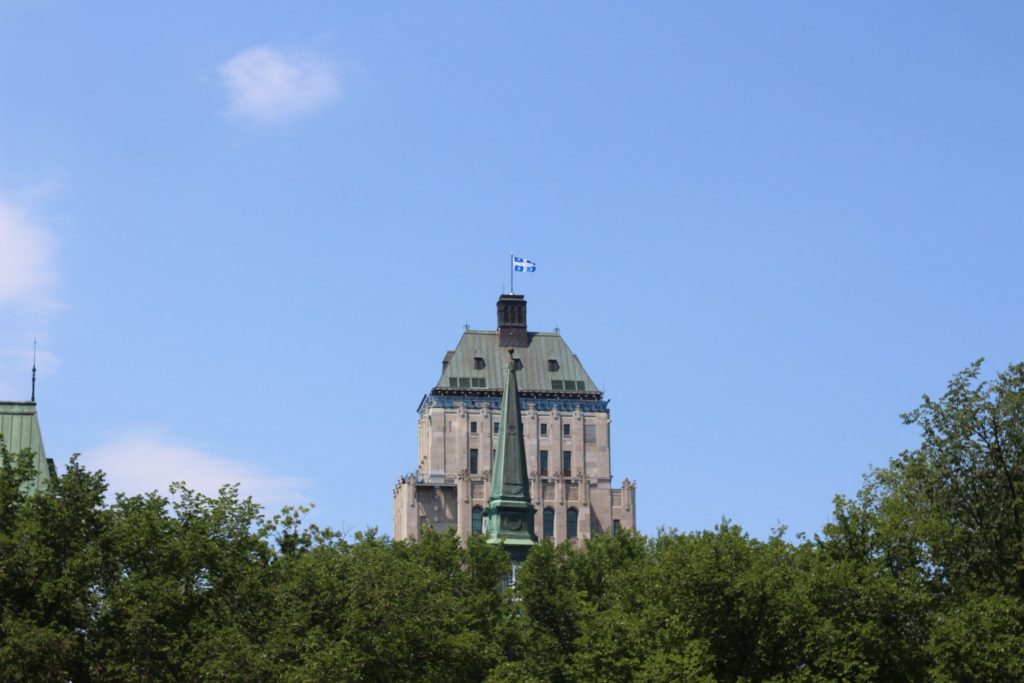
The Quebec government recently passed legislation that requires all government employees – from school teachers to police officers – not to wear any religious symbols. That means no Jewish men wearing the yarmulke; no Sikhs wearing a turban; no Muslims wearing the hijab; no Christians wearing a cross lapel pin.
What does all this mean for Christian charities?
First, even if we do not live in Quebec, we may find ourselves facing similar attitudes, as we are living in a time of militant secularism. This is not a secularism that is neutral or indifferent toward religion. Rather, it is a forceful, anti-religious secularism that claims to be acting under the banner of separation of church and state or state neutrality. Unfortunately, this form of secularism takes on characteristics of an extremist religion, imposed by the state on all citizens.
Second, the logic of this approach inevitably leads the secular state to conclude that it can no longer approve or accredit religious enterprises, because to do so would be an endorsement of the religious entity and its beliefs. Already, we’ve seen this logic on display at the Supreme Court of Canada in the Trinity Western University case, where the government insisted (and the Court agreed) basically saying, “we will not accredit a religious school because if we do, we are approving the discrimination of that school towards others.”
Already, the new bill is going to be challenged in the courts. It is questionable how far the court challenge will go, given that the Quebec government is using the “notwithstanding clause” in the Charter to override the religious freedom rights in s. 2(a) of the Charter. The notwithstanding clause allows legislatures to temporarily pass legislation that they know will violate Charter rights. Some suggest that the clause is undemocratic – however, it forms part of the Charter which was passed by the Canadian Parliament (and the UK Parliament) in 1982. It is meant to be a check against the power of the judiciary, to prevent judicial interference in the will of the legislature.

To accommodate religious garb and adornment is a very low bar in the grand scheme of things. To deny accommodation means we are intruding on religious practices and denying the very beliefs that underlie those external symbols of faith. The justification for this Quebec policy originates with the 2008 commission report on reasonable accommodation of cultural communities co-chaired by Quebec sociologist Gérard Bouchard and McGill philosophy professor Charles Taylor. Their report recommended the banning of religious symbols of judges, policy officers and prison guards. Charles Taylor now says that recommendation was a mistake. Bouchard still maintains the recommendation was proper, but that it is being carried too far to include teachers.
What has happened, it would appear, is that the radical secularists have taken the Bouchard/Taylor recommendation and expanded it. Call it a “slippery slope” or an “abuse” – the fact remains we now have on the record legislation that is clearly anti-religious. That does not bode well for religious freedom for individuals or religious organizations in the long term.
Rather than bemoan this reality, however, we can use the controversy over religion in the public square as an opportunity. The public spotlight does not have to be feared but can be embraced to educate society on the contributions religious communities make every day. Yes, in some circles, religion is viewed as a problem for social cohesion. But we exhibit the exact opposite. The members of CCCC, now a community of some 3400 charities, are engaged in comprehensive work to enhance our country’s success. We assist all who are in need without regard to their religious or non-religious positions. We lift people out of poverty, we educate for competence in multiple fields of endeavour, we feed and clothe. The concern for our neighbour’s well-being is motivated by a religious imperative that guides our lives. This is who we are, and regardless of opposition, we can and should continue to care for others with Christ-like compassion, dedication, and hope.

